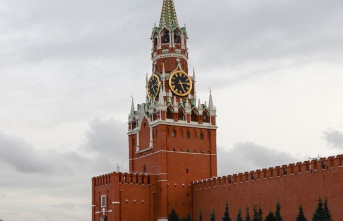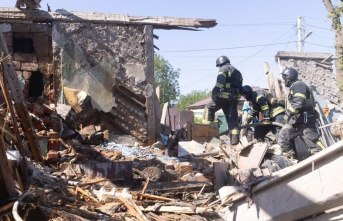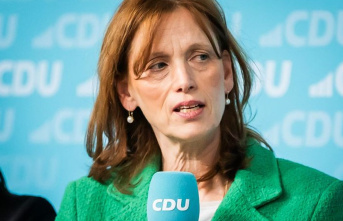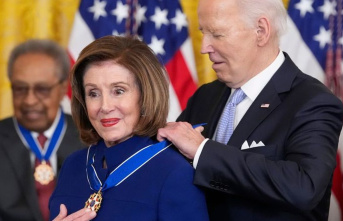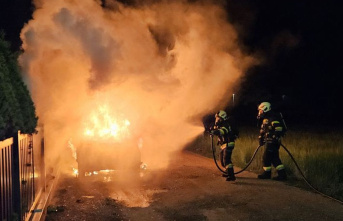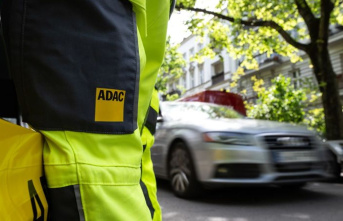Haiti, Yemen, Afghanistan: The UN High Commissioner for Human Rights, Volker Türk, recalled forgotten crises on Human Rights Day this Saturday. Violent gangs, which are reportedly led by influential politicians or businessmen, are terrorizing the population in Haiti, Türk said in Geneva on Friday. In Yemen, despite the ceasefire, reports of torture, arbitrary arrests, human smuggling and sexual exploitation continued. And in Afghanistan, the banning of women and girls from public life is unprecedented.
Türk, who was in Ukraine at the time, spoke of immense suffering for the people there. However, while this is being reported on, other crises have been forgotten. In Mozambique, for example, five years after the outbreak of the conflict in Cabo Delgado, fighting continued, people were kidnapped and villages destroyed. Almost a million have been displaced. In Somalia, which is experiencing a devastating drought, the number of victims of attacks by the terrorist militia Al-Shabaab rose by a good 50 percent year-on-year from January to November.
The Universal Declaration of Human Rights promulgated by the United Nations General Assembly on December 10, 1948 describes compliance with them as "the common ideal to be achieved by all peoples and nations." The non-recognition and contempt for human rights have "resulted in acts of barbarism that fill the conscience of mankind with outrage."
Nevertheless, the disregard for human rights is still driving many people to flee today, according to the UN refugee agency. According to them, more than 100 million people worldwide are currently displaced from their homes. They flee persecution and life-threatening situations in their countries because they are discriminated against, excluded or persecuted for ethnic, political, religious or gender-specific reasons. "We must actively support victims of human rights violations," said Peter Ruhenstroth-Bauer, national director of the UN refugee agency.
Demanded more commitment from the German government
Representatives of the opposition and civil society demanded that Germany do more on this point. The promises made by the traffic light coalition to insist more strongly on the observance of human rights have not been consistently implemented, said Dagmar Pruin, president of the evangelical aid organization Bread for the World.
"The Federal Government and above all the Federal Chancellor still have to prove to Russia and China - but also to authoritarian countries in Europe - that they are not discarding human rights in favor of their own advantages," said the chairman of the working group on human rights and humanitarianism Help from the CDU/CSU parliamentary group, Michael Brand.


